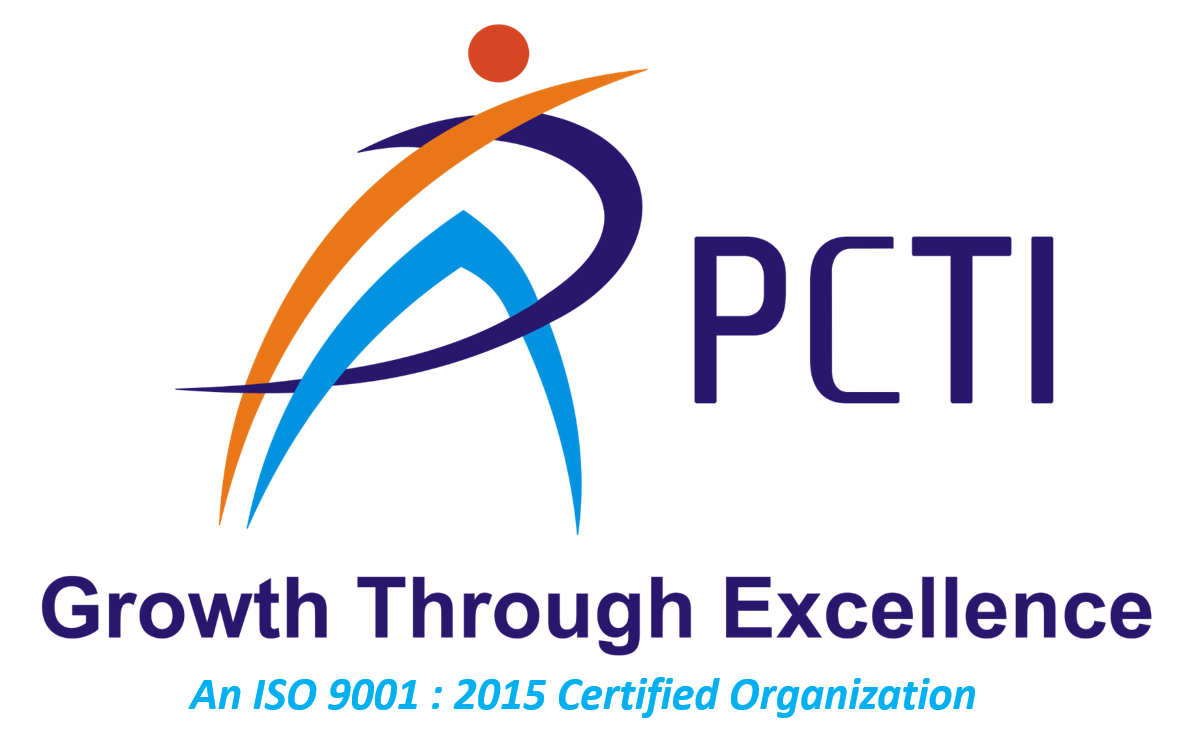Description
Cost accounting is a process of recording, analyzing and reporting all of a company’s costs (both variable and fixed) related to the production of a product. It helps in making better financial decisions, introduce efficiencies and budget accurately. The objective of cost accounting is to improve the business’s net profit.
Syllabus
- Introduction
- Meaning, objectives and advantages of cost accounting
- Difference between financial, cost, and management accounting
- Cost concepts and classifications, Role of a cost accountant in an organization.
- Budgeting and Budgetary Control
- Basic Concepts of Budgeting
- Meaning of Budgeting
- Definition of budget and budgetary control
- Objectives of budgeting
- Advantages of budgeting
- Limitations of budgeting
- Classification of budgets
- Preparation and Review of Budgets
- Sales budget
- Production budget
- Cash budget
- Master budget
- Budget Report
- Approaches to budgeting
- Fixed budgeting
- Flexible budgeting
- Difference between fixed and flexible budgeting
- Appropriation budgeting
- Zero Based Budgeting (ZBB)
- Performance budgeting
- Budgetary Control Ratios
- Basic Concepts of Budgeting
- Standard Costing
- Standard Costing
- Meaning of Standard Cost
- Standard and Estimated Cost
- Difference between Standard cost and Estimated Cost
- Concept and Objectives of Standard Costing
- Standard Costing and Budgeting
- Advantages & Limitations of Standard Costing
- Variance Analysis – I
- Meaning and Purpose
- Classification of Variances
- Direct Material Cost Variance
- Direct Labour Cost Variance
- Variance Analysis - II
- Classification of Overhead Variance
- Control Ratios
- Responsibility Accounting
- The Concept of Responsibility Accounting
- Profit Planning and Control
- Design of the System
- Uses of Responsibility Accounting
- Essentials of Success of Responsibility Accounting
- Segment Performance
- Measuring Segment Performance
- Transfer Pricing
- Methods of Transfer Pricing
- Standard Costing
- Cost Volume Profit Analysis
- Marginal Costing
- Segregation of Mixed Costs
- Concept of Marginal Cost and Marginal Costing
- Income Statement under Marginal Costing and Absorption Costing
- Marginal Costing Equation and Contribution Margin
- Profit-Volume Ratio
- Managerial Uses of Marginal Costing
- Limitations of Marginal Costing
- Break Even Analysis
- Break Even Analysis
- Break Even Point
- Impact of Changes in Sales Price, Volume, Variable Costs and Fixed Costs on Profits
- Required Sales for Desired Profit
- Sales Volume Required to Earn a Desired Profit Per Unit
- Sales Required to Maintain Present Profit
- Margin of Safety
- Angle of Incidence
- Break Even Charts
- Profit Volume Graph
- Assumption in Break Even Analysis
- Relevant Cost for Decision-making
- Concept of Relevant Costs
- Concept of Differential Costs
- Decision-Making Process
- Selling Price Decisions
- Exploring New Markets
- Make or Buy Decisions
- Sales Mix Decisions
- Alternative Methods of Production
- Plant Shut Down Decisions
- Acceptance of Special Order
- Adding or Dropping a Product Line
- Replacement of Machinery
- Reporting to Management
- Concept of Management Reporting
- Objectives of Reporting
- Reporting Needs at Different Managerial Levels
- Types of Reports
- Modes of Reporting
- Essentials of Successful Reporting (Guiding Principles)
- Recent Developments in Accounting
- Scope and Limitation of Conventional Financial Accounting
- Inflation Accounting
- Human Resources Accounting
- Social Accounting
- Environmental Accounting
- International Accounting
- Strategic Cost Management
- Activity Based Costing
- IT Developments in Accounting
- Marginal Costing

Course Code CC00025
Duration 30 Hour
Costing
Online & Offline
Course Fees 6500 /-
Online Offer 3000 /-
